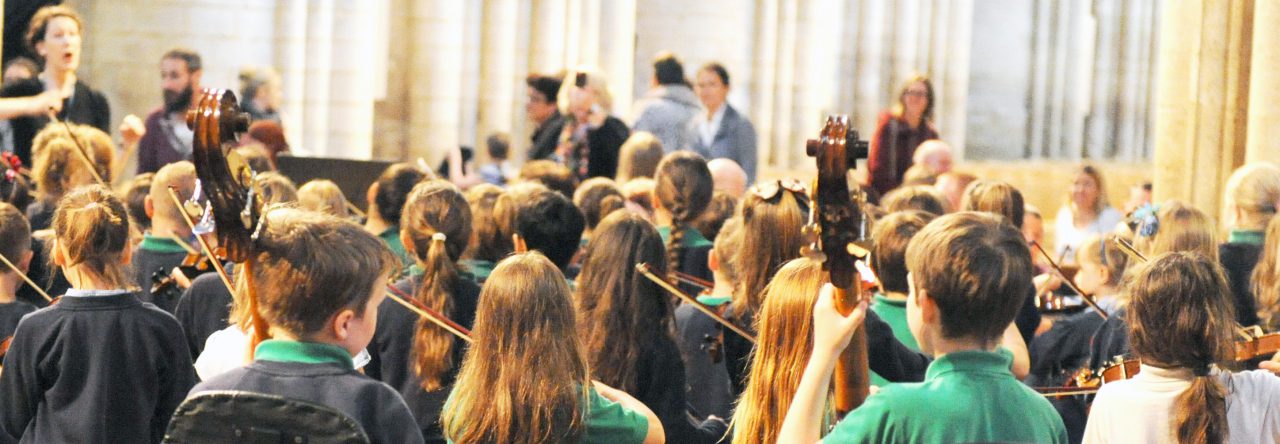Part 2: Some possible scenarios
In Part 1 I set out a basis for developing oracy in the music classroom. I made clear that in considering oracy, a generic curriculum category, that oracy was concerned with the act of thinking through talk and that this could have a complementary role to music education’s central focus on the making of music. I further emphasised that the perspective I was offering assumed the music classroom to be dialogic rather than monologic. What follows are five possible scenarios for thinking-talking about music.
But first an important question: what can be talked about?
I suggest three categories.
- The processes of making music.
- Music’s social-cultural significance.
- Big ideas about music – philosophical considerations.
Scenario 1: The process of composing
The year 8 class has been composing in small groups. This followed work as a whole class exploring ways in which musical ideas can be developed. As they worked in their groups they were to consider a talking point – only two things can happen to a musical idea, it can either be repeated or changed.
On completion of their work each group presented their composition while explaining the process they had worked through and their response to the talking point. As each group presented the rest of the class were invited to ask for further clarification from the group as needed.
In the open dialogue that ensued the teacher made a note of interesting matters arising that were worthy of discussing at a later point or that could be the starting point for a further composition task.
Scenario 2: How is Senegalese Drumming different to the drumming in Drum and Bass music?
A year 9 class has become fluent in Senegalese Drumming and can generate sustained whole class ensemble playing without teacher direction. Later in the term the class work in pairs on Drum and Bass computer generated tracks. As they work scenario 2 question is placed before them. This requires them to recall their Senegalese Drumming with the question giving focus to their paired conversation and the musical decisions they make.
Scenario 3: What does it mean?
In a primary school a year 5 class have been tasked with reading a version of the Orpheus Myth for home work. Their teacher has set aside time for the class to share their responses. Seated in a circle each pupil offers their thoughts before what the class consider to be the most interesting thought becomes the talking point for the whole class.
These scenarios are loosely based on classroom observations while being to some extent fabricated. They are illustrative of the scope for planning for pupil talk, with talking about music encouraging the development of musical analysis and intelligent musical critisism.
In the scenarios above oracy can be embedded in the processes of making music as well as being an aspect of reflection upon it.
In Part 3 I will consider the role of talking points and how to make them.
